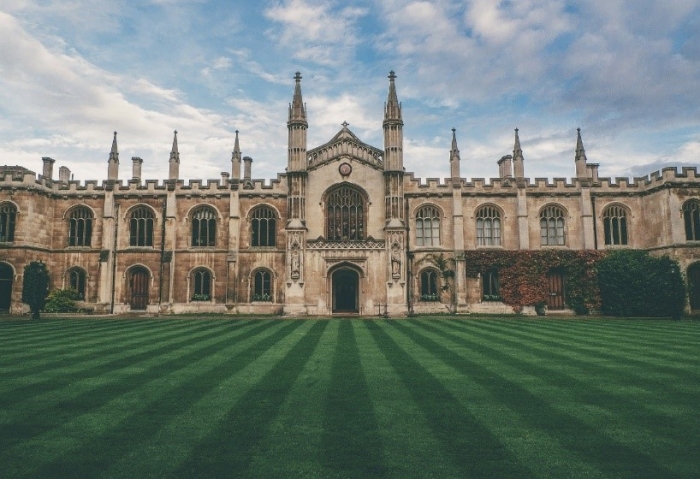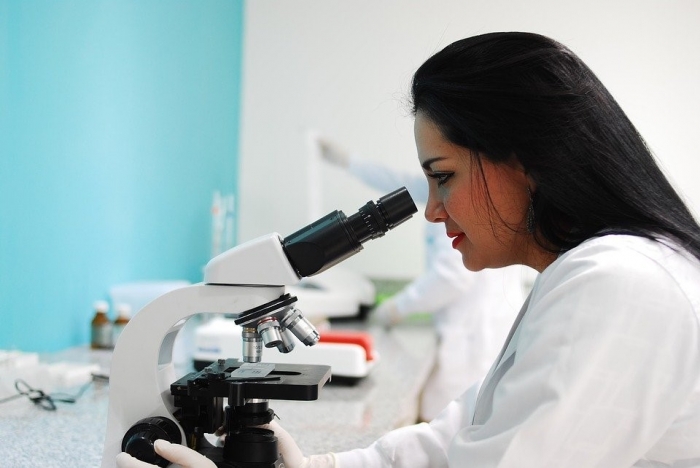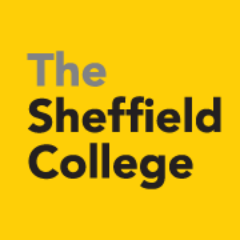How Higher Education is Helping Fight Coronavirus
Higher Education Engagement Assistant Aurora Broom, a BSc Molecular and Cellular Biology and MSc Information Systems graduate, shares a useful summary on the relevance of Higher Education in the current climate.
A Google image search for the word ‘university’ most often returns pictures of grand old buildings now serving as lecture theatres, and of joyful students throwing their caps in the air for graduation. Sadly for those classes graduating this summer, they will not have the chance to throw their caps. In fact many healthcare and medicine students will not only have to forego their much anticipated graduation, but have actually graduated early to work on the front line of the NHS during this pandemic. In HeppSY’s physical location of Sheffield nearly 250 final year medical students from the University of Sheffield have graduated early to work as junior doctors (1), while at Sheffield Hallam over 600 final year nursing and health students have volunteered to join the NHS workforce (2). In the world of higher education, university students are not the only ones who are contributing to the effort in fighting coronavirus – academics have also adapted.

Universities have always been hubs for innovation and research, and every once in a while a piece of research makes its way into popular media and piques the interest of the general public. Ever since ‘following the science’ became a buzz-phrase of Boris Johnson’s government, the public may be more interested in the scientific research put out by our universities than ever before.
The University of Edinburgh has been in the news this week as academics there spearhead the global effort to sequence the genomes of COVID-19 patients to try and identify those individuals at most risk of severe complications from the virus. Understanding more about who is most vulnerable will help guide the UK government’s response in coming out of lockdown whilst still protecting the public (3).
With social distancing measures look likely to remain in place for the foreseeable future, academics at the University of Bristol have adapted an existing website that recommends evidence-based behaviours to decrease your chances of catching a virus. This type of tool is valuable in tackling the misinformation that readily propagates on the internet and social-media, by providing clear guidelines for safe behaviour. A study of over 20,000 people found that users of this site were less likely to become ill, and if they did it was with on average milder symptoms than non-users (4).

Although much of the high-profile research centres on the biology and virology of this pandemic, there is also valuable research and outreach being carried out in the arts and humanities.
A research group at King’s College London are investigating what the World Health Organisation has called an ‘infodemic’ of misinformation around COVID-19, and how online spaces and digital platforms are used to engage with this content. Another group at the same university have curated a free online toolkit that offers resources to support people in creative professions transition to online practice (5).
University academics have had to adapt their working
practice along with their students to best serve the UK in these unusual
times. The redirection of their research
is testament to what academics at universities strive to do – solve problems
and try to better understand the world around us and the people in it. They have always done that in the somewhat
shadowy realm of academia, but with our normal way of life at risk the public
are more aware than ever of how developments made by academics can impact UK
life.
Even at the best of times there are young people who think that higher education is out of their reach, and with the coronavirus pandemic likely to impact our job market and economy for years to come this feeling of inaccessibility or pointlessness may only increase. Many more may be unaware of the valuable work that universities do in their communities and in research. Universities are not factories that churn out degrees but complex, ever-changing things that advocate for advancement for each member as an individual and the world as a whole. Not every graduate will go on to become a researcher, but every graduate will leave with tangible skills, knowledge and experience that will make them more employable in the highly competitive job market we are likely to see in the wake of this pandemic. We encourage you as teachers and advisers to discussthe work universities are doing to help tackle COVID-19 with your students, which could help make these institutions more accessible, tangible and relevant.
Higher education may be very low down the priority list of our students in the current climate, but here at HeppSY we believe that it has never been more relevant than now.
(1) https://www.sheffield.ac.uk/news/nr/medical-student-virtual-graduation-class-of-2020-1.887532
(3) https://www.bbc.co.uk/news/uk-scotland-52630412
(4) http://germdefence.org/index.html
(5) https://www.kcl.ac.uk/news/new-arts-humanities-projects-at-the-forefront-of-response-to-covid-19








